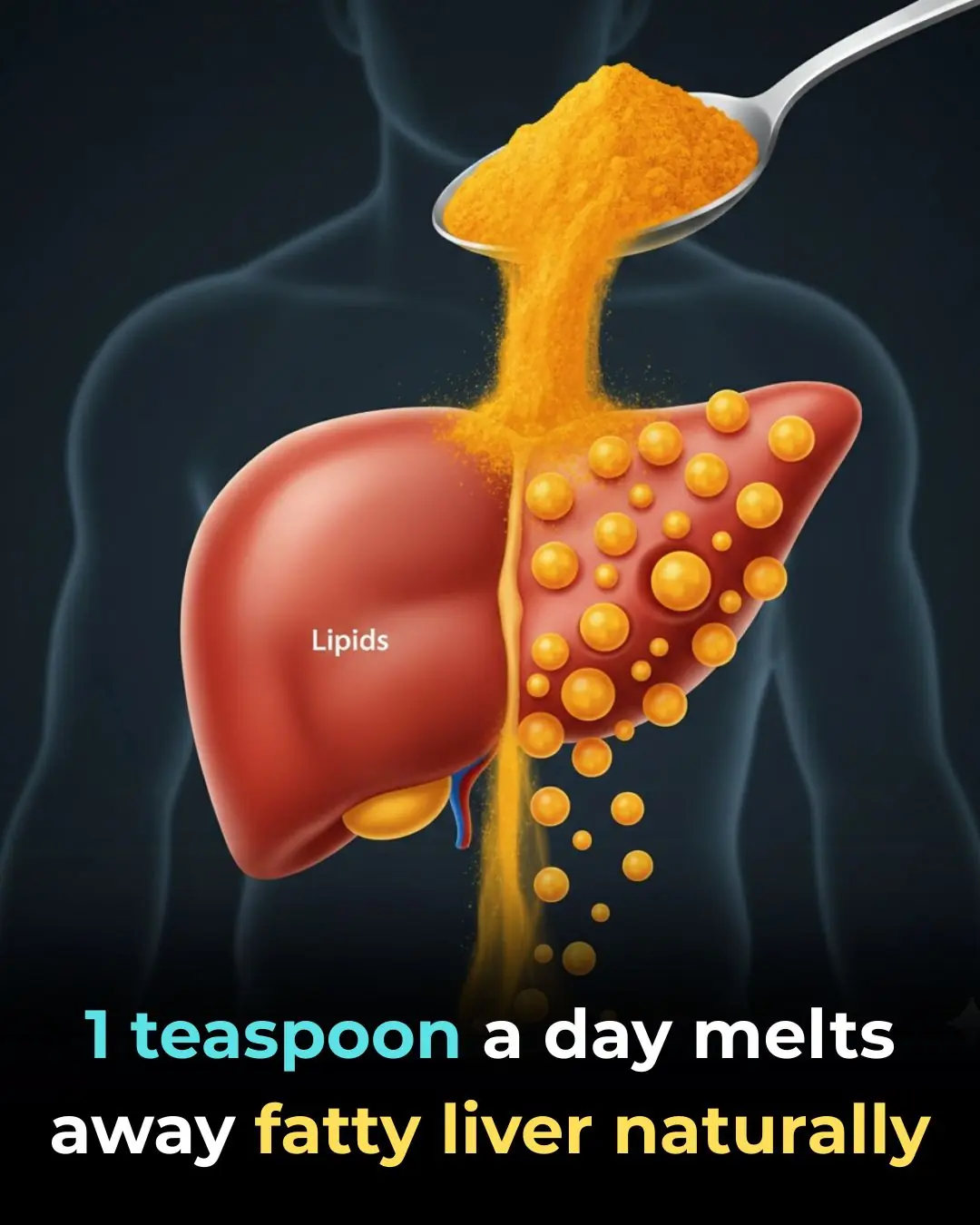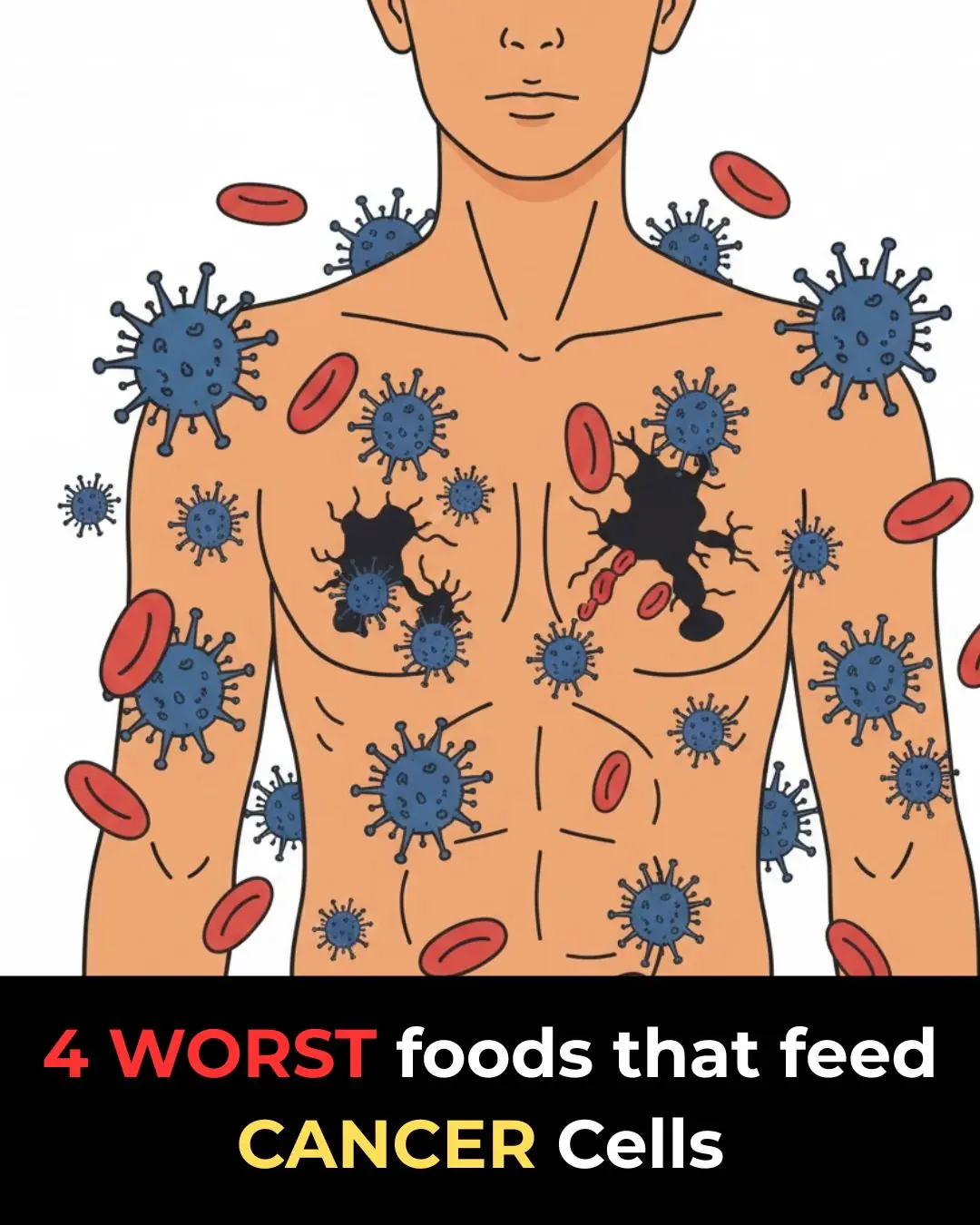
Fatty Liver Disease: A Growing Silent Health Concern – And How Turmeric May Support Liver Health
Millions of people around the world are living with fatty liver disease without even realizing it. This condition can develop silently, without clear warning signs, and it does not only affect people who are overweight. Children, teenagers, and adults of all body types can develop fatty liver if certain risk factors are present.
These risk factors often include:
-
Excess body fat, especially around the abdomen (visceral fat)
-
High triglycerides or “bad” (LDL) cholesterol
-
Insulin resistance, prediabetes, or type 2 diabetes
-
High blood pressure
-
A diet high in processed and refined foods (white bread, pastries, sugary cereals, packaged snacks)
-
Sedentary lifestyle and chronic stress
Because the liver plays such a central role in overall health, when too much fat builds up in it, the entire body can be affected.
Why the Liver Is So Important
The liver is one of the hardest-working organs in the body. It is responsible for:
-
Filtering toxins and waste from the bloodstream
-
Producing bile, which helps break down and absorb fats
-
Regulating blood sugar levels
-
Storing vitamins and minerals
-
Producing proteins, including albumin and clotting factors
-
Processing fats, carbohydrates, and proteins
-
Breaking down hormones and certain medications
When too much fat accumulates in liver cells, this process becomes less efficient. Over time, this may lead to inflammation (steatohepatitis), scarring (fibrosis), or even cirrhosis if not addressed.
People with fatty liver may experience:
-
Persistent fatigue
-
Digestive discomfort or bloating
-
Difficulty losing weight
-
Brain fog
-
Pain or heaviness in the upper right abdomen
However, many people have no symptoms at all — which is why fatty liver is often discovered through blood tests or imaging exams.
What Causes Fat to Build Up in the Liver?
When we eat more refined carbohydrates and sugars than our body can store as glycogen, the excess gets converted into fat. That fat is stored in fat tissue — and unfortunately, in the liver as well.
Visceral fat (the kind stored around your internal organs) is particularly problematic because it releases inflammatory compounds that worsen insulin resistance and increase liver fat accumulation.
This is why lifestyle habits play a major role in liver health:
-
Diet quality
-
Physical activity
-
Sleep
-
Stress management
-
Alcohol consumption
A liver-friendly diet is not about extremes — it’s about consistent, balanced choices.
The Potential Role of Turmeric in Liver Support
Turmeric (Curcuma longa) is a bright yellow spice traditionally used in Ayurvedic and Chinese medicine. Modern research has shown that its main active compound, curcumin, has:
✅ Anti-inflammatory properties
✅ Antioxidant effects
✅ Potential lipid-regulating action
✅ Support for bile production
These actions may help support liver function and reduce oxidative stress in people who are already making healthy lifestyle changes.
Some studies suggest that curcumin may:
-
Help reduce liver fat accumulation
-
Improve certain liver enzyme levels
-
Support healthier cholesterol and triglyceride levels
-
Reduce inflammatory markers
However, turmeric should be viewed as a supportive tool — not a cure. Sustainable improvement in fatty liver disease always requires dietary and lifestyle changes.
Safe Ways to Add Turmeric to Your Routine
Instead of focusing on exact milligram doses, the safest and most practical approach is to include turmeric regularly as part of your diet:
✔ Add it to soups, stews, curries, and rice dishes
✔ Stir a small amount into warm tea or milk
✔ Blend into smoothies
✔ Sprinkle on roasted vegetables
✔ Mix with olive oil and black pepper for better absorption
Tip: Black pepper contains piperine, which significantly increases the absorption of curcumin.
If you prefer supplements, speak with a healthcare provider first, especially if you:
-
Take blood-thinning medications
-
Have gallbladder problems
-
Have kidney stones
-
Are pregnant or breastfeeding
Turmeric is safe for most people in normal food amounts, but concentrated supplements should always be discussed with a professional.
Lifestyle Habits That Truly Heal the Liver
Turmeric works best when it is part of a larger liver-supportive lifestyle, including:
🌿 Eating more:
-
Vegetables (especially leafy greens and cruciferous vegetables)
-
Fruits in moderation (especially berries)
-
Whole grains
-
Lean proteins
-
Healthy fats such as olive oil and avocado
-
Soluble fiber (oats, beans, flaxseed, chia)
🚫 Reducing:
-
Sugary beverages
-
Refined carbohydrates
-
Processed foods
-
Excess alcohol
-
Trans fats
🚶♂️ Adding:
-
Regular movement (brisk walking, strength training)
-
Proper hydration
-
7–9 hours of quality sleep
-
Stress-reduction practices (breathing, meditation, yoga)
These habits are consistently shown in research to reduce liver fat and improve liver health over time.
Key Takeaways
-
Fatty liver disease is common and often silent
-
It is strongly influenced by diet, blood sugar balance, and inflammation
-
Turmeric may support the liver thanks to its anti-inflammatory and antioxidant compounds
-
Real healing comes from consistent lifestyle change, not quick fixes
-
Food can be a powerful tool when used wisely and holistically
Final Thoughts
Your liver is incredibly resilient. With the right care, it can begin to repair itself. By choosing whole, nourishing foods, reducing processed carbohydrates, staying active, managing stress, and incorporating supportive herbs like turmeric, you create the best possible environment for your liver to recover and thrive.
Small changes, practiced daily, can make a remarkable difference over time.
News in the same category


Drink one cup daily of this juice to UNCLOG arteries?

Don’t ignore your legs: the surprising early signs of pancreatic cancer

12 medications you should never mix with coffee

WARNING: This common pill causes dementia

This Is One Of The Most C.ancer-Causing Foods – Stop Eating It!

Improve Eyesight Naturally With Onion Tea: Benefits, Uses & How to Make It

Roll your feet daily—unlock rapid healing throughout your body!

Diabetes? Just boil these leaves to lower blood sugar (without medications)!

How to Get Rid of Bad Breath (Halitosis): Scientifically Proven Home Remedies

One simple scoop a day can spark full-body healing — here’s what happens next

Losing Just 1 Gram of Fat In The Pancreas Will Have THIS Effect On Your Body

The best way to lower blood pressure fast!
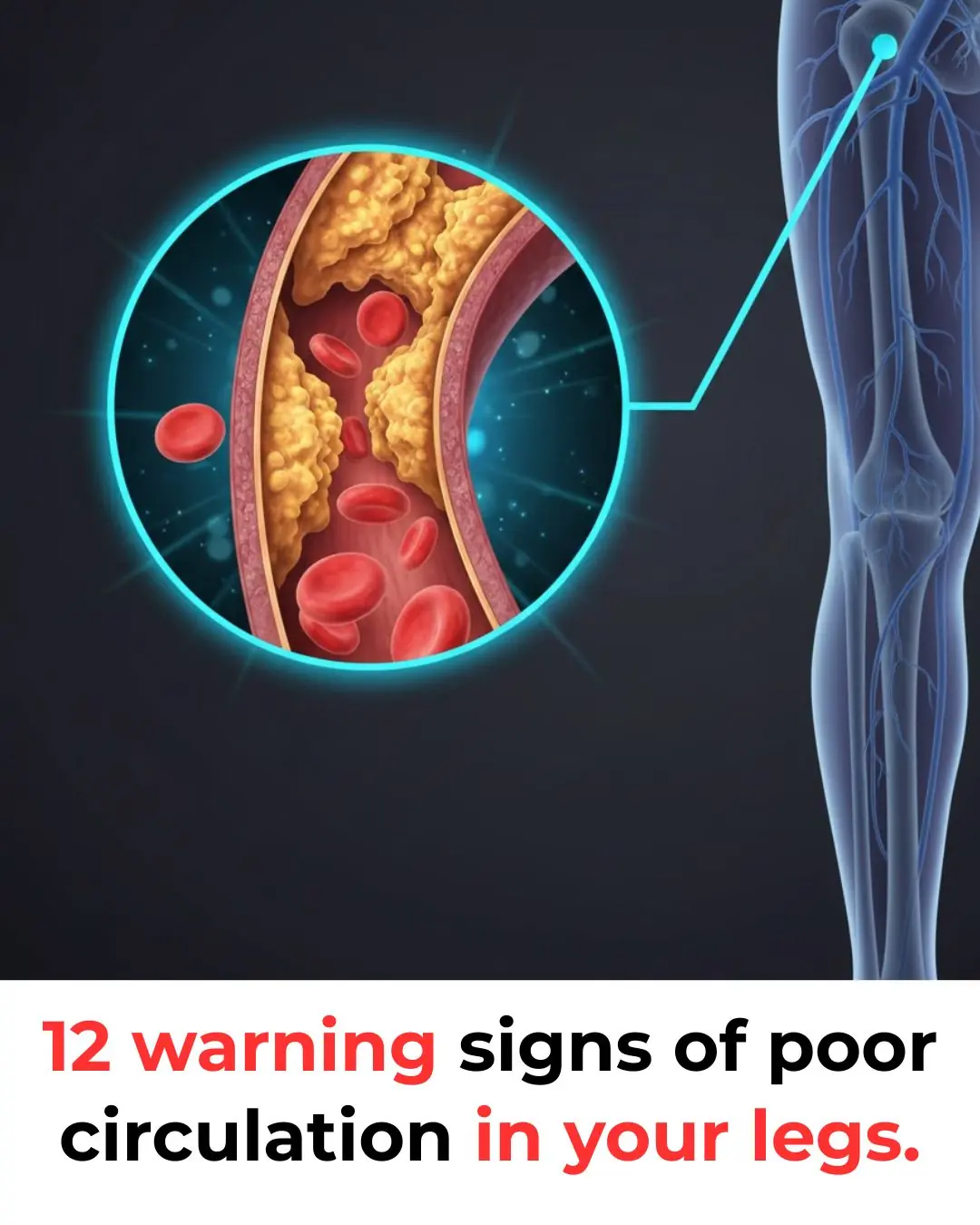
Top 12 Symptoms of Poor Blood Circulation in Legs

5 Serious Health Problems Your Nails Could Be Trying to Warn You About

How to Get Rid of Bad Breath (Halitosis): Scientifically Proven Home Remedies
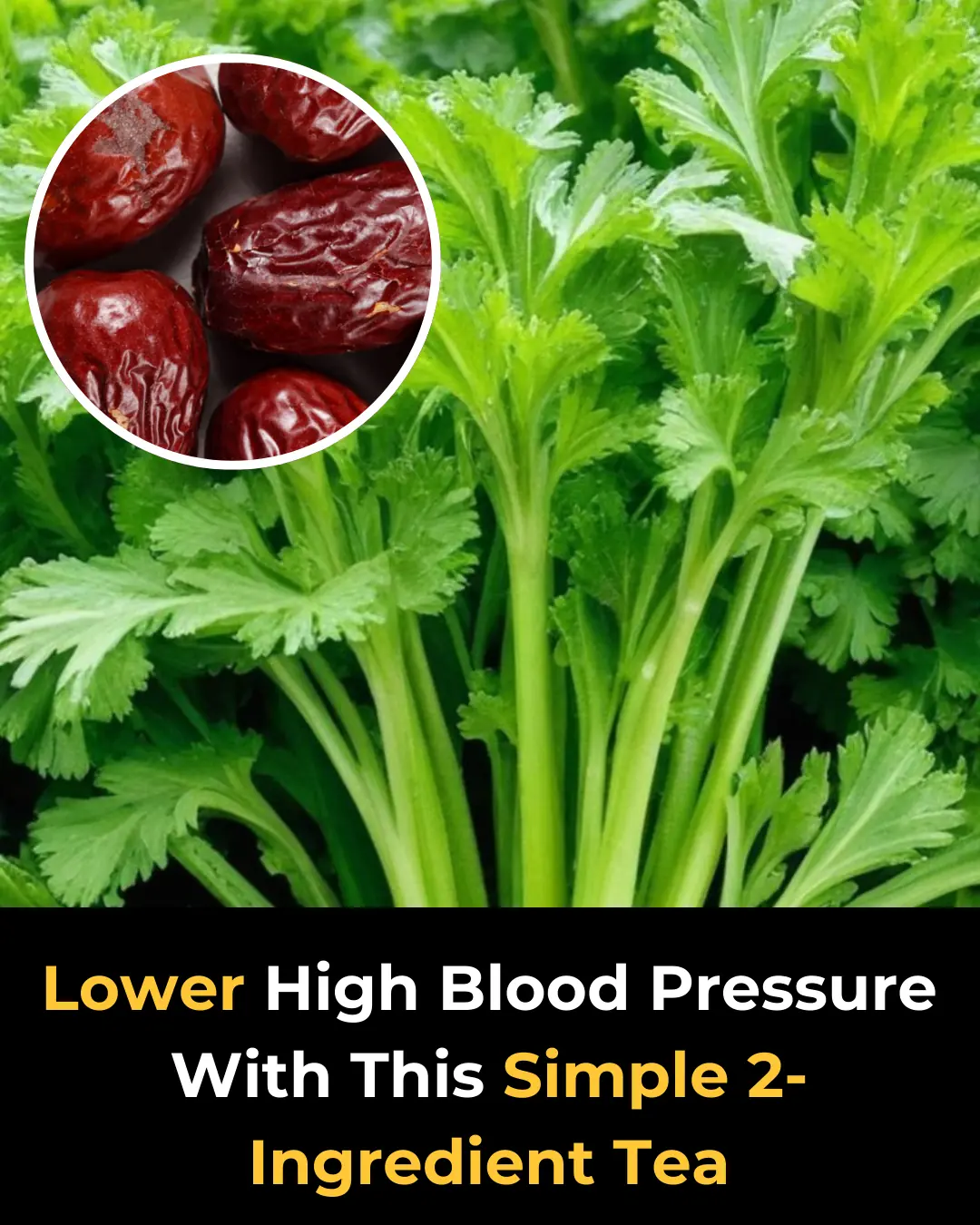
Got High Blood Pressure? Try This 2-Ingredient Tea!
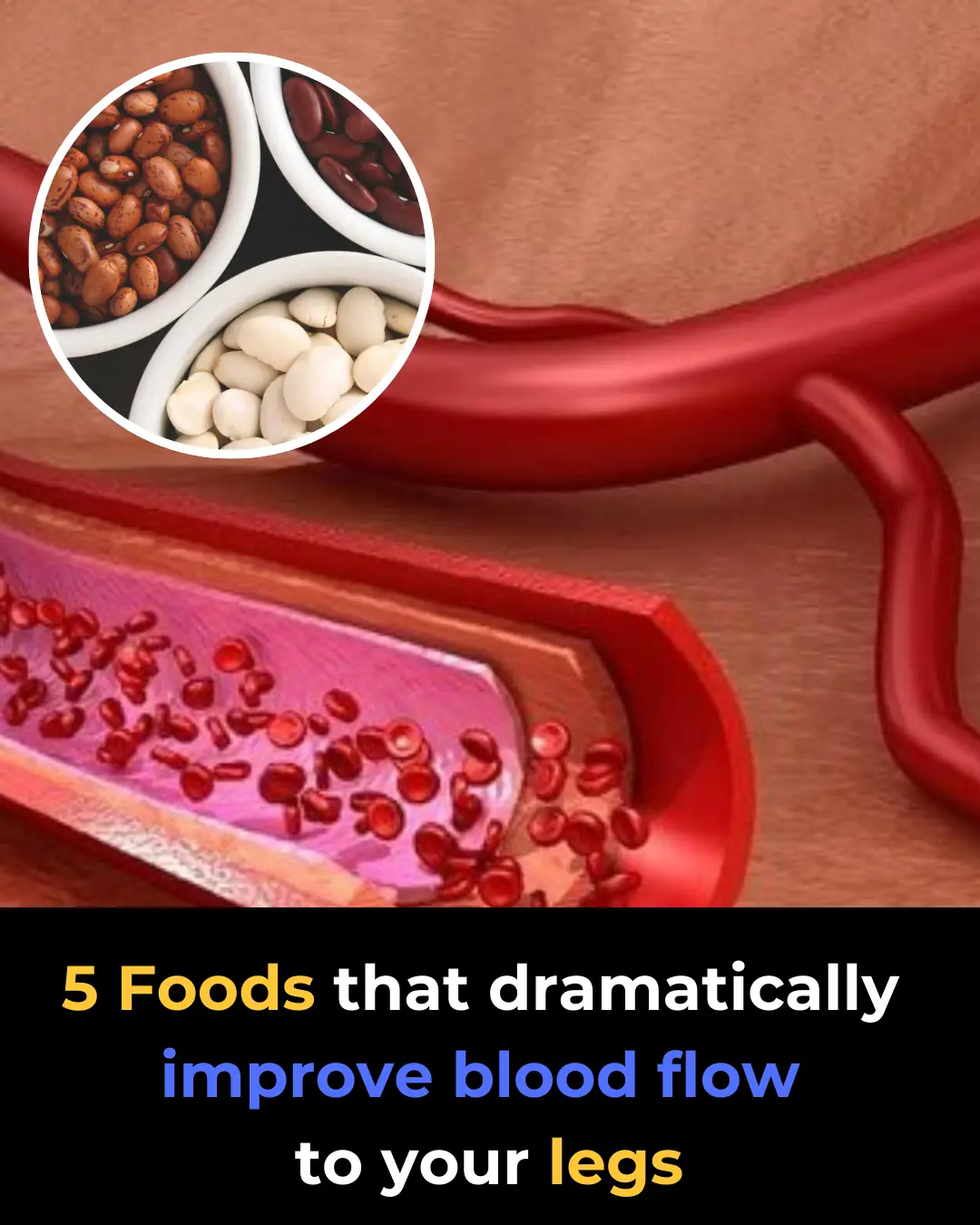
5 Foods That Dramatically Improve Blood Flow to Your Legs

Doctors warn: Statins may deplete vitamin K₂ and raise your risk of dangerous artery calcification
News Post

Foods and Lifestyle Choices That May Influence Cancer Risk

15 Best Skin Gels for Glowing Skin & Wrinkles
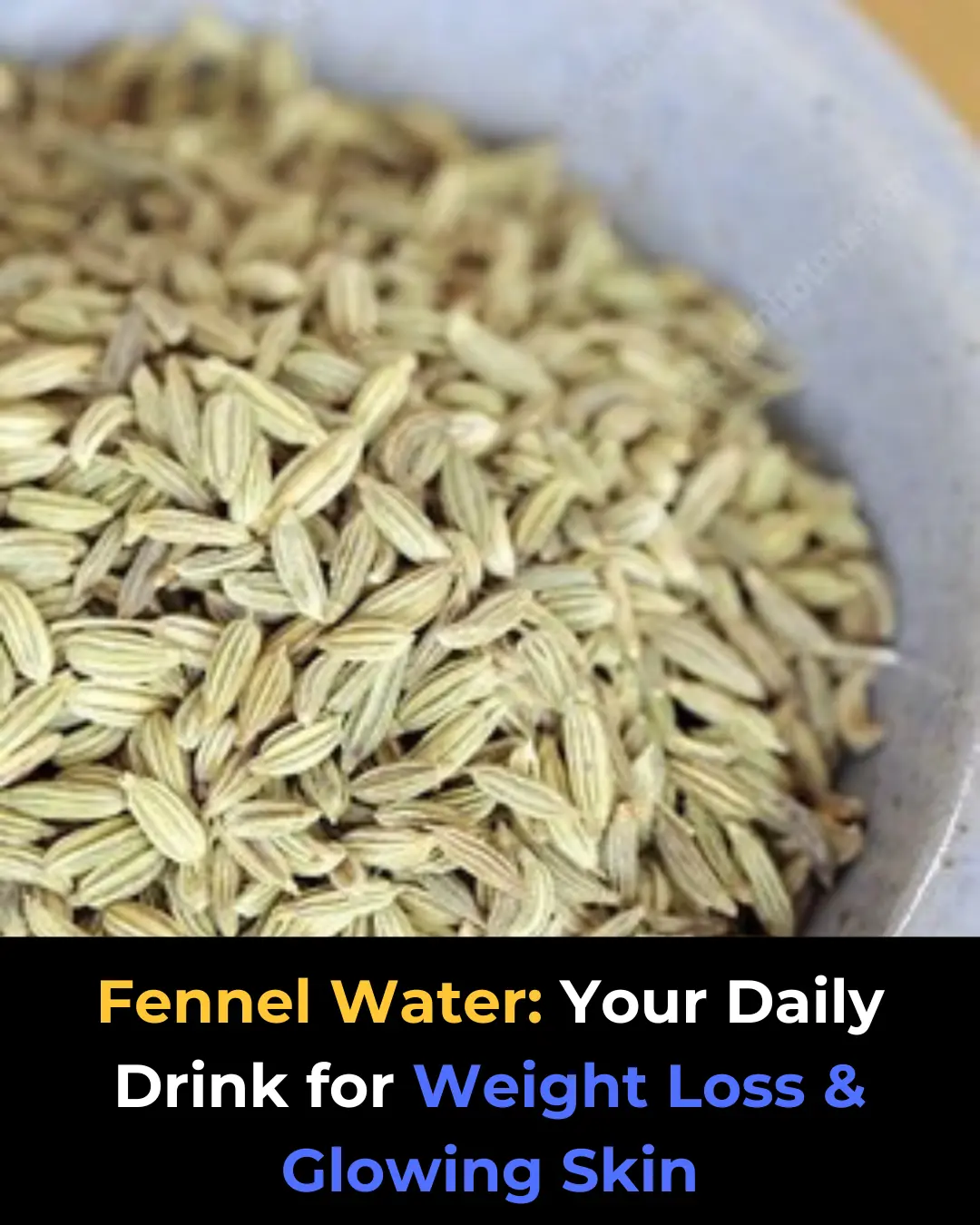
How to Make Fennel Seeds Water/Tea – Benefits of Fennel Seeds for Weight Loss & Health

Israel’s Innovative Smart Water Pipes: Revolutionizing Water Infrastructure and Renewable Energy Generation

Drink one cup daily of this juice to UNCLOG arteries?

Jorge the Loggerhead Turtle: A Story of Rehabilitation, Freedom, and Remarkable Resilience

Don’t ignore your legs: the surprising early signs of pancreatic cancer

Revolutionary Discovery: Reprogramming Cancer Cells to Restore Health and Transform Treatment

You’re doing it all wrong. Here’s the right way to organize fridge

Canadian Scientists Develop Mini Robot to Treat Kidney Stones Without Surgery

12 medications you should never mix with coffee

Juniper: 20 Remarkable Benefits and How to Use It

🚿 8 Bathroom Habits That Ruin Your Feeling of Freshness (And How to Fix Them)

Homemade Herbal Hair Oil – Adivasi Hair Oil

Rebuilding with Purpose: Japan’s Monumental Tsunami Wall and Living Forest Shield

Which Raw Food Would You Eat

WARNING: This common pill causes dementia

A Heartfelt Goodbye: Graduate’s Simple Thank-You Moves Security Guard to Tears

